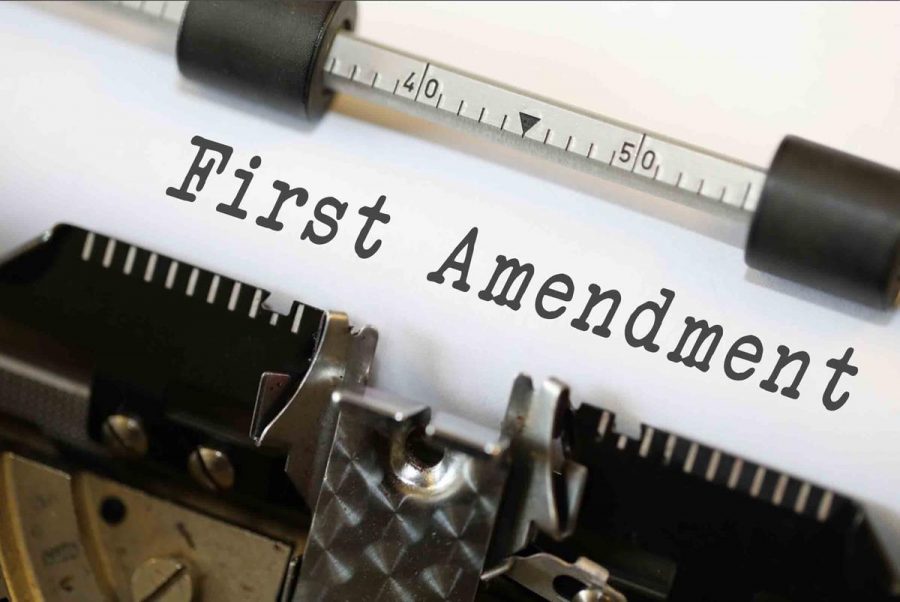FIRE sends letter of disapproval to Kitts concerning media protocol
November 28, 2018
The Foundation for Individual Rights in Education sent President Kenneth Kitts a letter Nov. 27 that stated if the university retains its unwritten media protocol in its current form to direct all media interactions to certain administrators, it would minimize the university’s ability to withstand First Amendment criticism.
The Flor-Ala asked UNA Chief of Police Kevin Gillilan Oct. 25 about an officer’s trip to New Mexico June 20 after Professor Gregory Gaston, who the UNA police department put on trespass notice June 22, was sent home during a school trip between the geography and English departments.
Gillilan told The Flor-Ala a vice president reminded him of a media protocol that prevented him from directly speaking to the media. He said all requests must go through the university’s Director of Communications and Marketing Bryan Rachal first.
In an email sent on the UNA server Oct. 22, Interim Vice President of Student Affairs Kimberly Greenway told faculty and staff the administration must approve all interviews between the media and university employees.
“This protocol has apparently been in place but apparently not been widely distributed or followed well,” Greenway said. “Please make sure all employees in your areas of your supervision are aware of and follow the protocol.”
Adam Steinbaugh, director of individual rights program, said when the university directs staff and faculty members not to speak to members of the media without the approval of university officials, it contradicts First Amendment rights.
“First, the policy is unwritten, depriving those it purports to govern from knowing what is or is not permitted,” Steinbaugh said. “Second, because it is unwritten, the protocol fails to anticipate and account for the First Amendment rights of those it purports to guide, as set forth above, in its scope or enforcement process.”
He said the policy does not distinguish speech on behalf of the institution and speech that is private on topics of public concern. He concluded it could cause employees to stay silent if they do not know when or how to follow the media “protocol” unless the university gives them clear instructions.
Steinbaugh’s last reason for concern was the way the university defined the protocol’s function.
“whatever is communicated to and through the media…has been vetted by administrators,” according to the media protocol.
He said the requirement for administration to vet any kind of comment is a “prior restraint on speech” that no one should accept.
“Prior restraints are ‘the most serious and the least tolerable infringement on’ freedom of expression,” Steinbaugh said. “The threat prior restraints present to freedom of expression is so great that the ‘chief purpose’ in adopting the First Amendment was to prevent their use.
Steinbaugh requested a response from Kitts no later than Dec. 11.
Attached to the letter, FIRE also submitted a request for a copy of any protocol, policy or regulation that the employees, administrators, staff or faculty are to follow, all reminders the Office of Communications and Marketing sent to local media concerning the media protocol since January 2015 and all emails the office received referencing any protocol, policy or regulation between Jan. 1, 2018 to Nov. 27, 2018.
Rachal said Kitts plans to respond to Steinbaugh’s letter and will consider The Flor-Ala’s request to interview Kitts after the university takes it under advisement.



![Caleb Crumpton [COURTESY OF UNA SGA]](https://theflorala.com/wp-content/uploads/2024/07/caleb-crumpton-courtesy-of-SGA-425x600.jpg)






